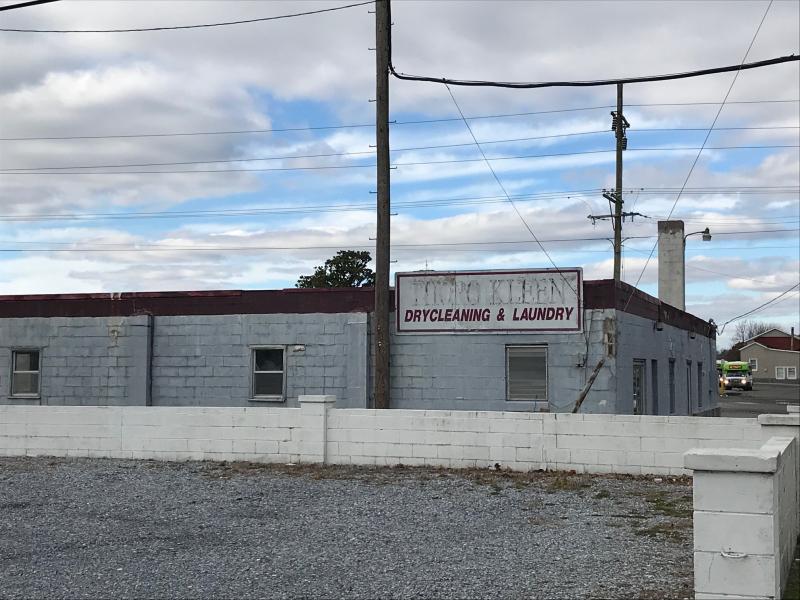Judge rules Joe Booth liable for chemical damage
A Delaware Superior Court judge has ruled former state Sen. Joe Booth and his wife are liable for environmental damage caused by pollution from a former dry-cleaning facility they owned in Georgetown.
At the same time, Judge Jeffrey Clark denied Delaware Department of Natural Resources and Environmental Control’s request for damages from the Booths because the department has not cited a cost for cleaning up the site. Clark said a liability figure will have to come at trial.
Chris Coggins, attorney for the Booths, said of the decision, “The Booths disagree with the court’s decision. However, while reserving their right to appeal, the Booths will proceed forward in this action with the hope that a jury of their peers will see DNREC’s actions for what they are - an unprecedented abuse of authority to shake down the Booths for unknown reasons.”
In a July 10 decision, Clark also lifted a stay on discovery in the case, but limited discovery strictly to matters relevant to damages.
The case dates to 2014, when DNREC sent the Booths a notice a liability after the agency says it found perchloroethylene (PCE), trichloroethylene (TCE), dichloroethylene (DCE) and vinyl choloride releases at the former Throro-Kleen dry cleaner on Railroad Avenue in Georgetown. The business had been operated by Booth’s father until September 1986, when Joe and his wife, Margie, purchased the site. The dry-cleaning business was closed in 2010.
Both PCE and TCE are considered hazardous; once they were found, discussions began about the Booths participating in DNREC’s Voluntary Cleanup Program. Negotiations broke down; on Oct. 31, 2017, DNREC Secretary Shawn Garvin issued an order finding the Booths liable and requiring them to initiate corrective action under certain deadlines.
In the court decision, Clark said the Booths met none of the deadlines.
The Booths appealed the order to the state Environmental Appeals Board but before the November hearing, DNREC filed a lawsuit against the Booths. Believing that the board and DNREC were one and the same, the Booths withdrew their appeal and chose to fight it out in court.
Coggins argued the Booths had been working with a brownfield developer to clean up the site. During oral arguments in Dover June 28, DNREC attorney Robert Phillips said while a brownfield developer is involved, the developer has conducted only investigative work.
Phillips said the Booths are clearly the responsible parties, and that DNREC is asking them to contribute to some of the costs of cleaning up the property. Phillips said the current cost of cleanup is estimated at $260,000 and climbing, but the June 28 oral argument was the first time a dollar amount had been attached to the cost of cleanup. Phillips said the problems at the Thoro-Kleen property have been there for years and need to be addressed.
“They did nothing to help,” he said. “That’s why we’re here.”
Coggins said DNREC has frequently shifted the goalposts on what exactly the Booths’ liability is. He said the Booths had begun contracting with a brownfield developer months before Garvin’s October 2017 order. Their interpretation of the order was that as long as the developer was involved, they were in compliance, but Coggins said DNREC seeks to require them to perform work outside the scope of the order.




















































